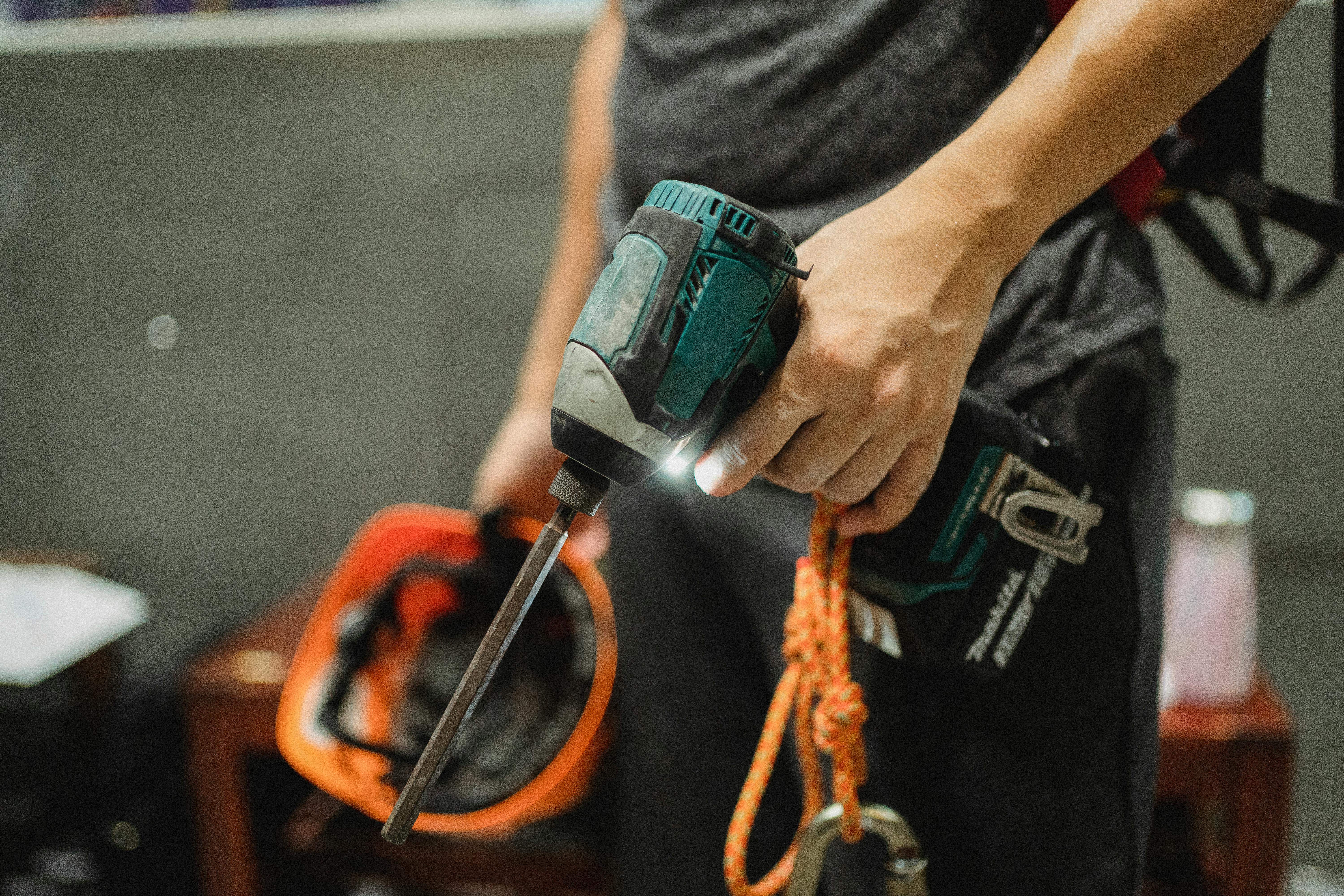Here’s What ‘Licensed Builder’ Actually Means
Learn what a licensed builder is, how they’re different from qualified tradies, and why hiring one protects your home and your wallet.

When planning any type of building or renovation project, there’s one professional you’ll definitely need on your side: a licensed builder.
But what exactly does it mean to be a licensed builder? And more importantly, why should homeowners care?
Let’s break it down.
What Is a Licensed Builder?
In Australia, a licensed builder is a construction professional who has met strict requirements set by their state or territory. This includes formal qualifications, supervised work experience, and often a final test or interview. Once approved, they are legally allowed to oversee, manage, and take responsibility for building projects.
A licensed builder isn’t just swinging hammers — they’re managing subcontractors, interpreting architectural plans, sourcing permits, ensuring compliance with national construction codes, and being held legally accountable for the quality of the build.
They’re the ones whose name is on the dotted line. And for you, the homeowner, that matters more than you might think.
Licensed vs Qualified: What’s the Difference?
It’s a common point of confusion. Many tradespeople are qualified — meaning they’ve completed their apprenticeship and have technical skills in carpentry or construction — but they are not yet licensed.
Here’s the difference in plain English:
- A qualified builder can work under someone else's licence.
- A licensed builder can legally run the job, supervise others, and contract directly with homeowners.
If someone is quoting you for a major renovation or new build and they’re not licensed? That’s a red flag.

Why Builders Need a Licence
Licensing is required in every Australian state and territory. It exists to:
- Protect homeowners from substandard work
- Ensure builders carry proper insurance
- Guarantee compliance with national standards
- Make sure only experienced, vetted professionals manage projects
Licensed builders are subject to audits, mandatory insurance, and codes of conduct. Unlicensed builders simply aren’t held to the same standard — and you, as the homeowner, could be left exposed.
What Licensed Builders Can and Can’t Do
A licensed builder can take on everything associated with your build — except for specialised trades like plumbing, electrical, waterproofing, termite protection, or glazing. These require separate certifications.
However, the licensed builder remains the key person responsible. If something goes wrong with the structure, even if another trade caused it, they’re accountable. That’s why licensed builders don’t just build — they oversee and sign off on everything.
Licensing Requirements by State and Territory
Every region has its own licensing body and regulations:
- NSW: Builders must hold one of three licence types (contractor, qualified supervisor or nominated supervisor). Licences must be renewed every 3 years.
- VIC: Builders are registered (DB-U, DB-L, DB-M). Any project over $5,000 requires a registered builder.
- QLD: Builders must be licensed with the QBCC for any job over $3,300. Categories include Low Rise, Medium Rise, Open.
- SA: Consumer and Business Services issue licences. Builders need to renew yearly.
- WA: Builders can be contractors or practitioners. Licences are issued by the Building Services Board.
- TAS: Builders are categorised by scope (low rise, medium rise, open) and must register with the Department of Justice.
- ACT: Class A (all buildings), B (medium rise), C (low rise), D (non-structural).
- NT: Two classifications – restricted or unrestricted.
Building Inspections and Accountability
A licensed builder is obligated to meet all building codes and undergo regular inspections. These inspections — often by independent building surveyors — are your safety net.
If a problem arises, the licensed builder must fix it, or risk losing their licence. That’s not the case with someone working without a licence — which could leave you with a half-finished project and no legal recourse.

How to Spot a Licensed Builder on ServiceSeeking
On ServiceSeeking.com.au, licensed builders clearly display their credentials on their profiles. You can view their licence type, the number of past jobs, customer reviews, and even awards they’ve received.
That way, you're not just hiring someone with the right paperwork — you’re hiring someone who’s been vetted by other homeowners, too.
Why You Should Always Hire a Licensed Builder
To sum it up:
- They’re legally qualified to run your project.
- They carry insurance that protects both parties.
- They’re experienced and accountable.
- They must comply with strict standards and undergo inspections.
- You’ll get peace of mind — and a job done right.
Avoid the risks of hiring someone unlicensed. Always ask to see their licence and confirm their registration. Or, better yet, hire someone tried and tested by homeowners on ServiceSeeking.
